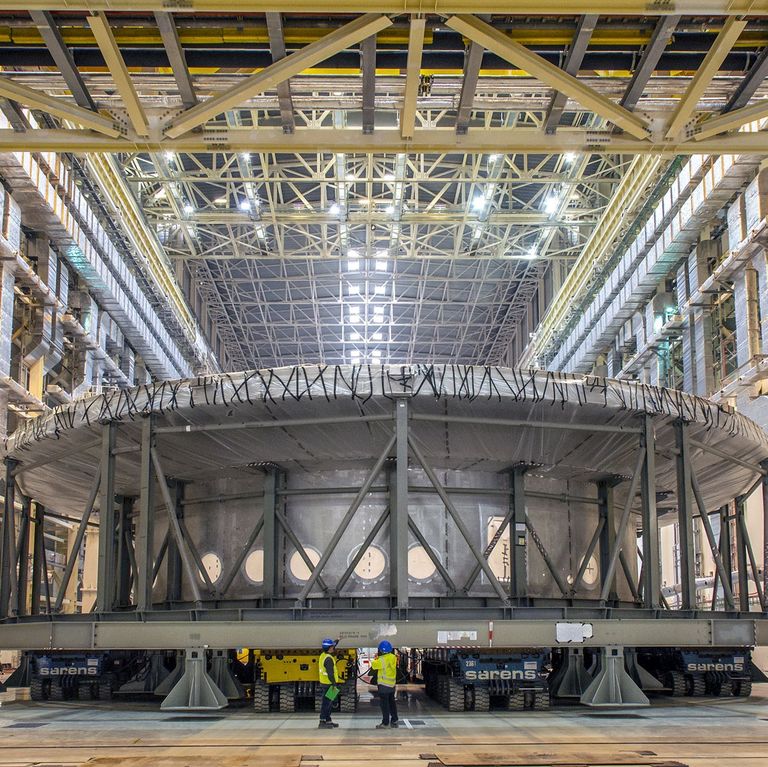⚛ https://www.popularmechanics.com/science/a30705490/nuclear-fusion-iter-reactor-tokamak/

I subscribe to this subject and every day I receive new articles about this fantastic, tremendous powerful energy of the future. So I thought to myself why not explore with science people.
It encompasses a lot, and leads to comparisons with other energies (solar, wind, water, fuel, seaweed, waves, etc.). ...And the potential advantages and disadvantages, plus the necessary safety measures to prevent catastrophic accidents.
I know few members here connected to nuclear plants (work experience and some knowledge); they are most welcome to share their feedback and their vision towards nuclear fusion. And everyone else of course; it's an exploration, a discussion to expand our knowledge on this and in comparison with other sources of energy.
Me I think it's the real deal. I watched several documentaries on renewable energies and what's best for our environment, and in time I will share some of those docs.
First let's see the level of interest in a science audio forum...ASR from the gentle members.
Stay safe

I subscribe to this subject and every day I receive new articles about this fantastic, tremendous powerful energy of the future. So I thought to myself why not explore with science people.
It encompasses a lot, and leads to comparisons with other energies (solar, wind, water, fuel, seaweed, waves, etc.). ...And the potential advantages and disadvantages, plus the necessary safety measures to prevent catastrophic accidents.
I know few members here connected to nuclear plants (work experience and some knowledge); they are most welcome to share their feedback and their vision towards nuclear fusion. And everyone else of course; it's an exploration, a discussion to expand our knowledge on this and in comparison with other sources of energy.
Me I think it's the real deal. I watched several documentaries on renewable energies and what's best for our environment, and in time I will share some of those docs.
First let's see the level of interest in a science audio forum...ASR from the gentle members.
Stay safe

